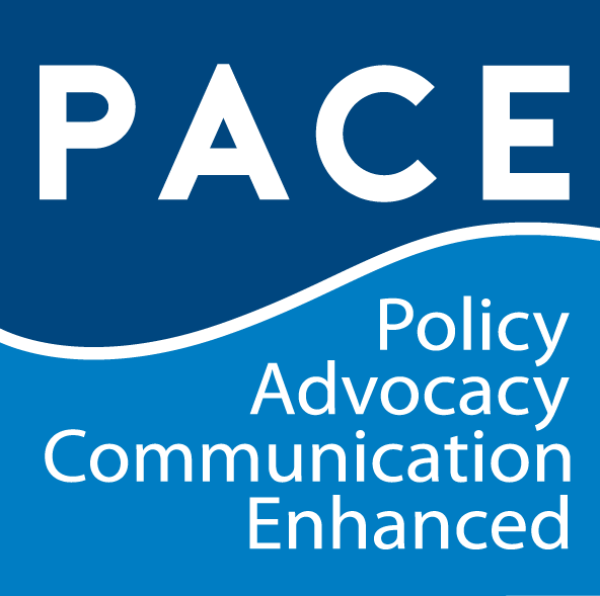The Writing for Policy Audiences module teaches skills for communicating with policymakers and other nontechnical audiences through written formats. Participants learn how simple and clear writing makes their message more compelling and how to structure a policy brief. Exercises ask participants to apply skills through writing exercises. Elements of this module focus on developing a policy brief, but the sessions on policy writing are relevant for all policy communication activities.
At the conclusion of this module, participants will be able to:
- Describe elements of effective policy writing.
- Select appropriate content and messages for a policy brief.
- Apply elements of policy writing through their own work.
- Evaluate examples of policy writing based on principles of good policy writing.
At the conclusion of this module, participants will have developed their own:
- Outline for a policy brief.
- Policy brief.
Download All Materials (ZIP)
Download the Spanish Translation (ZIP)


